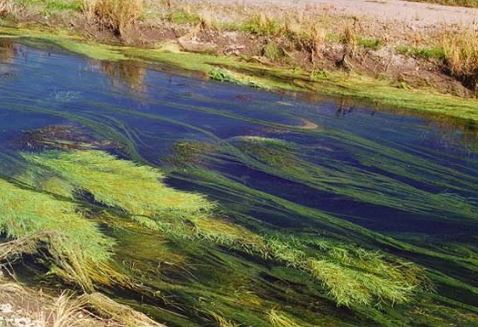The herbicide chemical is commonly used by ditch companies as well as farmers to control moss and algae in ditches. xylene is toxic to fish and other aquatic organisms at use rates that control aquatic plants and algae
Larry Meyer | The Argus Observer
PAYETTE COUNTY, ID —
State agencies, including the Idaho Department of Environmental Quality will be following up on a chemical spill in a ditch near the Snake River outside of Fruitland. There is no concern for public safety at this time, however, as the chemical never reached the river or any other water source.
At about 9:50 a.m. today, Payette County Sheriff’s Office received a report of the possible hazardous material spill on Whitley near Glenway.
The caller, as well as the incident commander who responded to the scene both said a large amount of fish were killed in the event, confirmed Payette County Sheriff’s Lt. Andy Creech in a phone interview.
First responders on scene located a liquid substance that was later identified as Ortho-Xylene 98, according to a news release from the sheriff’s office. The chemical is commonly used by ditch companies as well as farmers to control moss and algae in ditches, according to Creech.
He said he was not certain whether the chemical was applied improperly, but that will be determined by state agencies during their investigation. Creech also said that “apparently this type of chemical does kill fish depending on the level put in.”
“The incident commander, along with numerous other state agencies determined that the best course of action was to contain the chemical to the cement ditch that it was in,” according to the news release. “The property owner was contacted about the chemical and the containment efforts.”
More work will need to be done, Creech said.
Sheriff’s deputies were assisted by Payette County Paramedics and the New Plymouth Rural Fire Department.
As a preventative measure in Weiser, where drinking water is drawn from the Snake River, the water plant operator temporarily shut off the intake switch this morning until further information was known.
Acrolein and xylene are non-selective toxicants and will kill most species of algae and submersed and floating aquatic plants. Acrolein and xylene will not control emergent aquatic vegetation (Senseman 2007). Both acrolein and xylene are toxic to fish and other aquatic organisms at use rates that control aquatic plants and algae (Baker Petrolite Corporation 2008; Ross & Lembi 1985; USEPA 2005; USEPA 2008).

